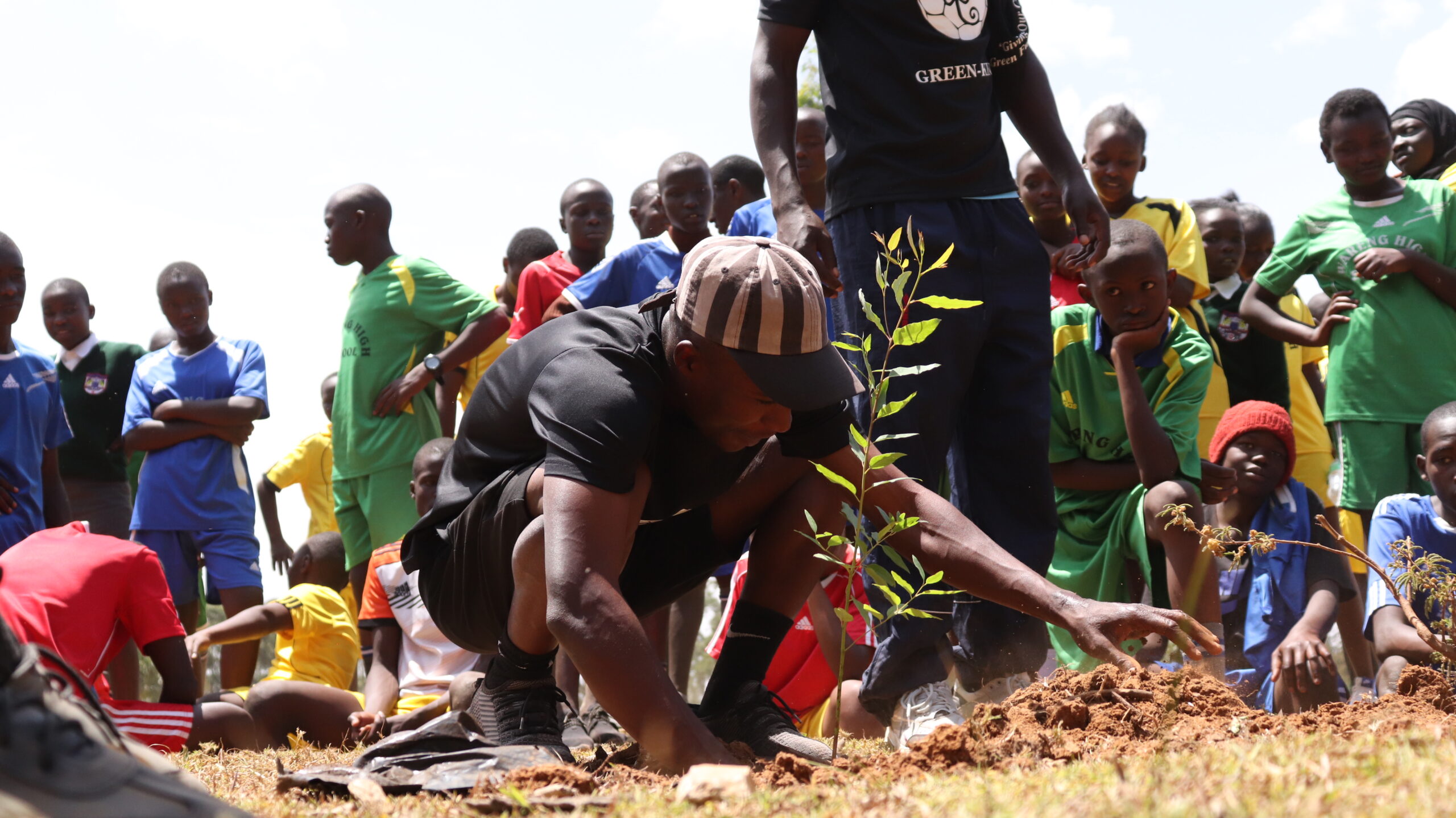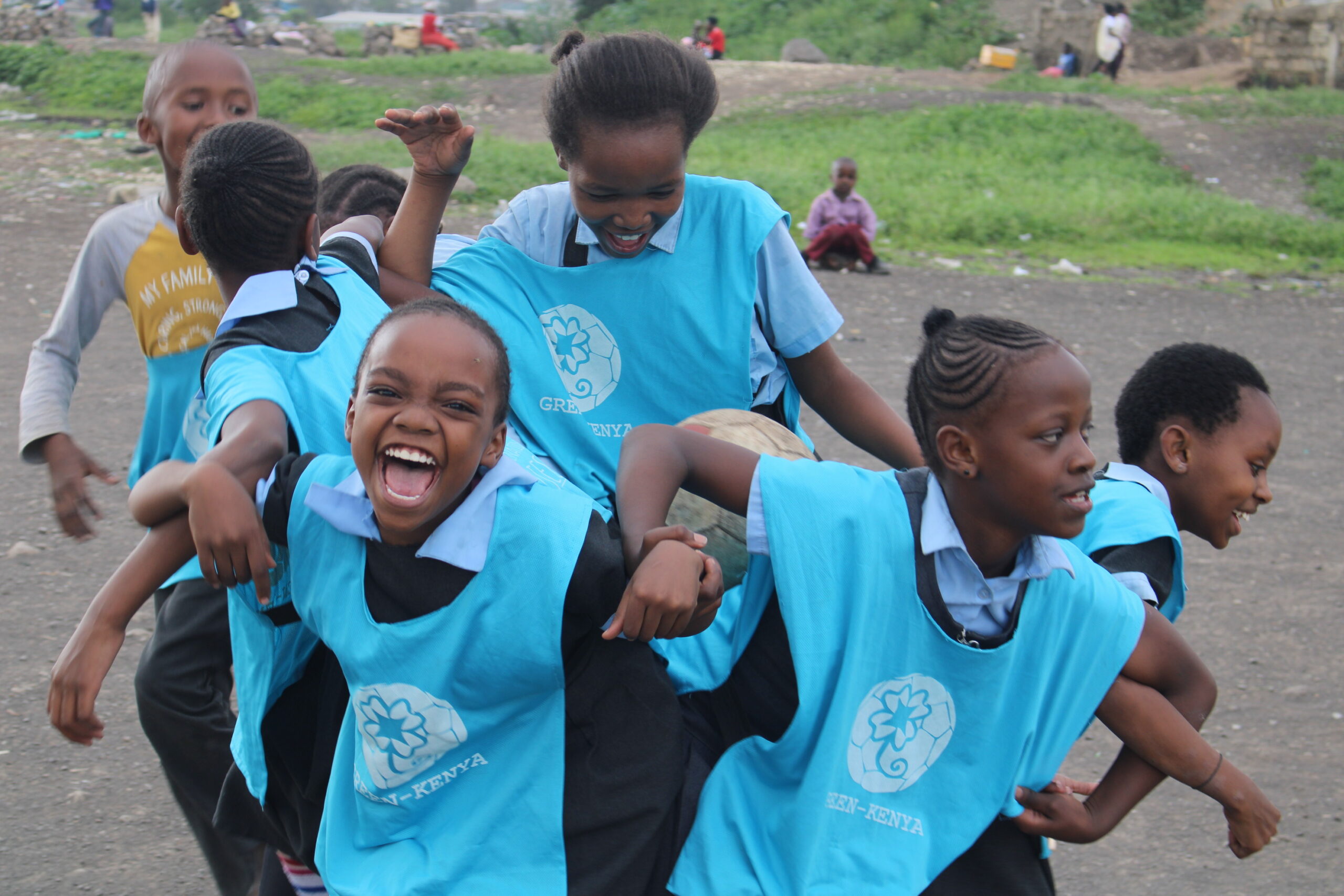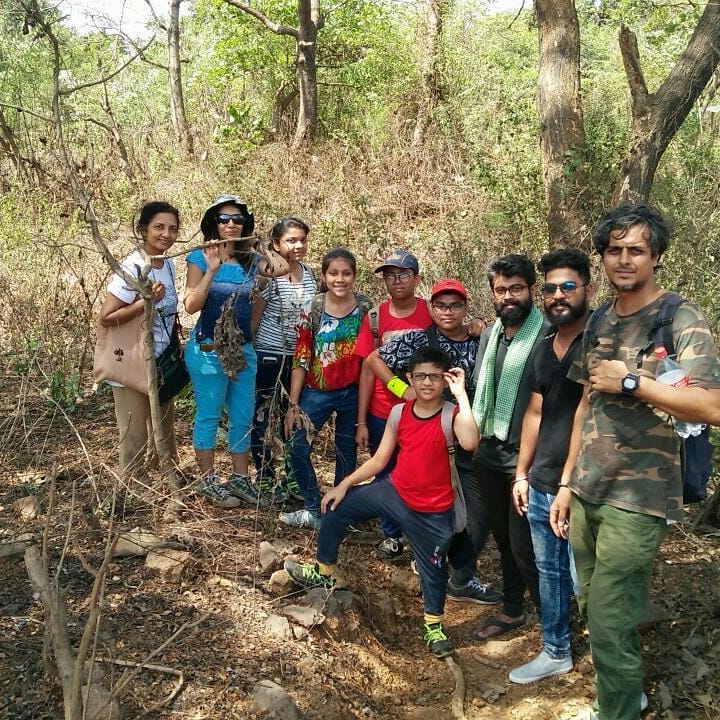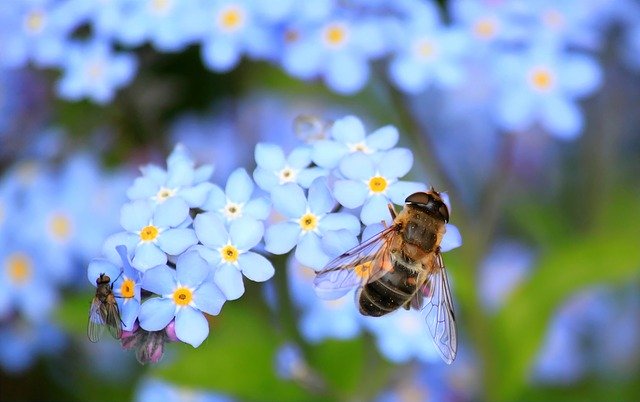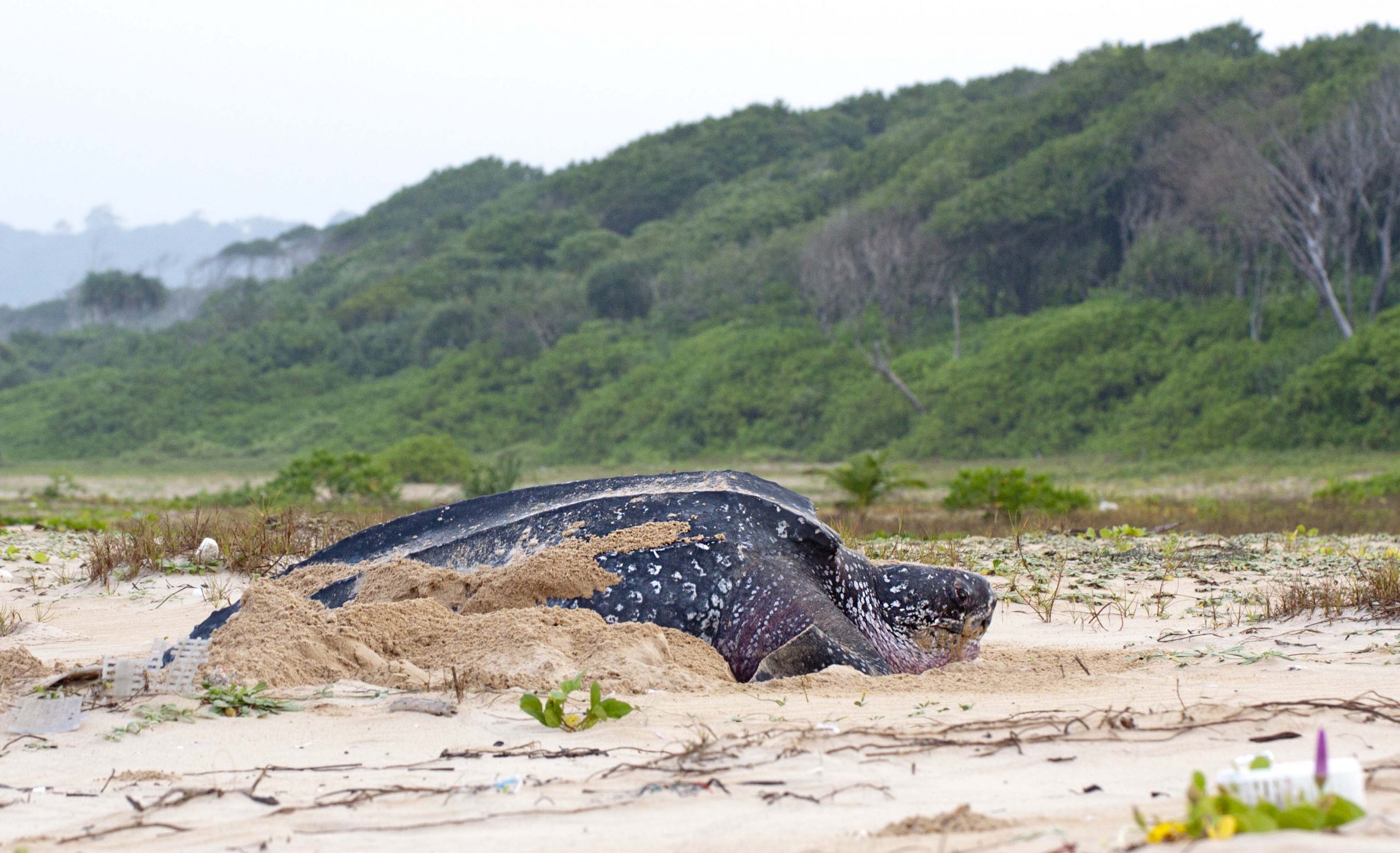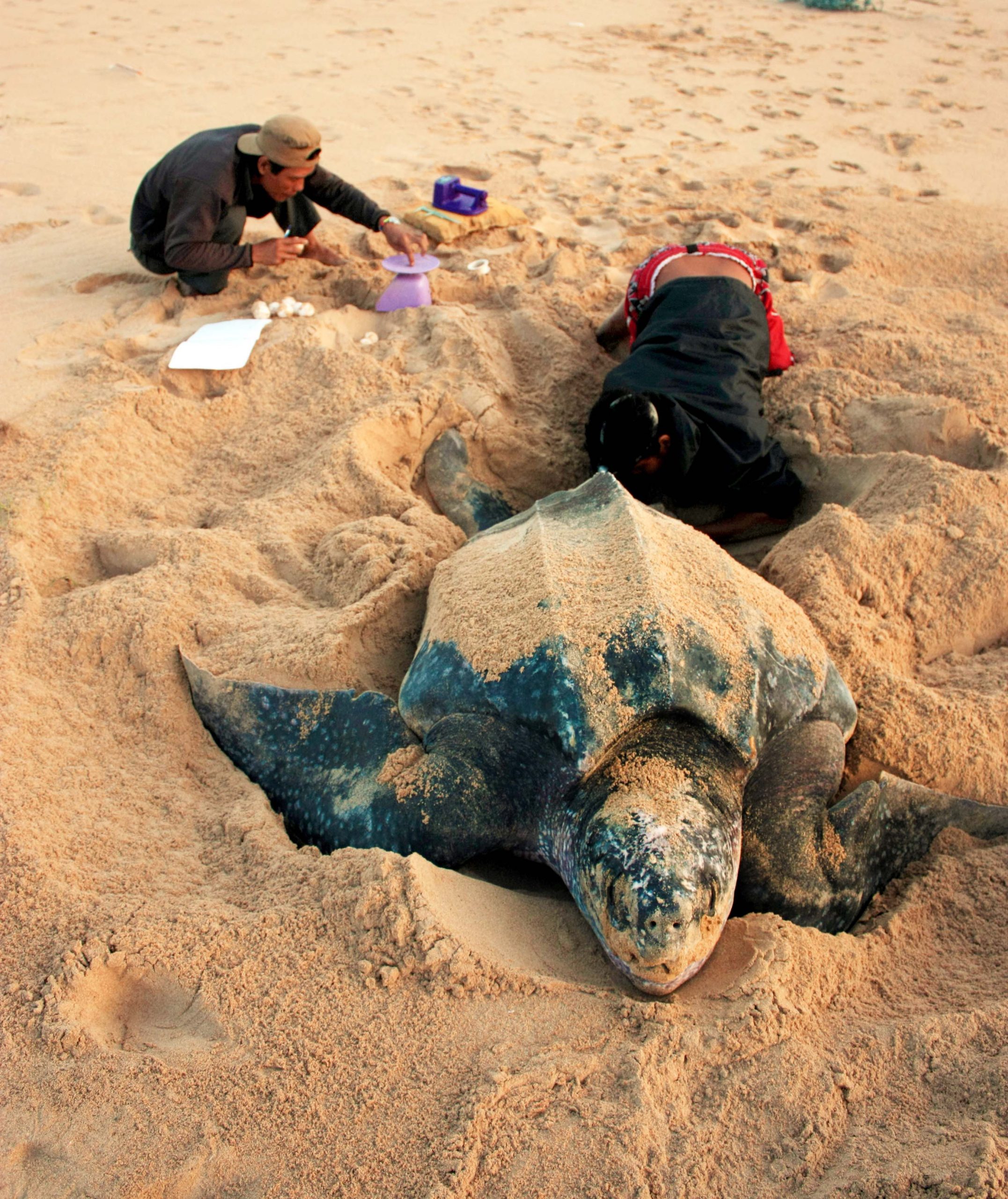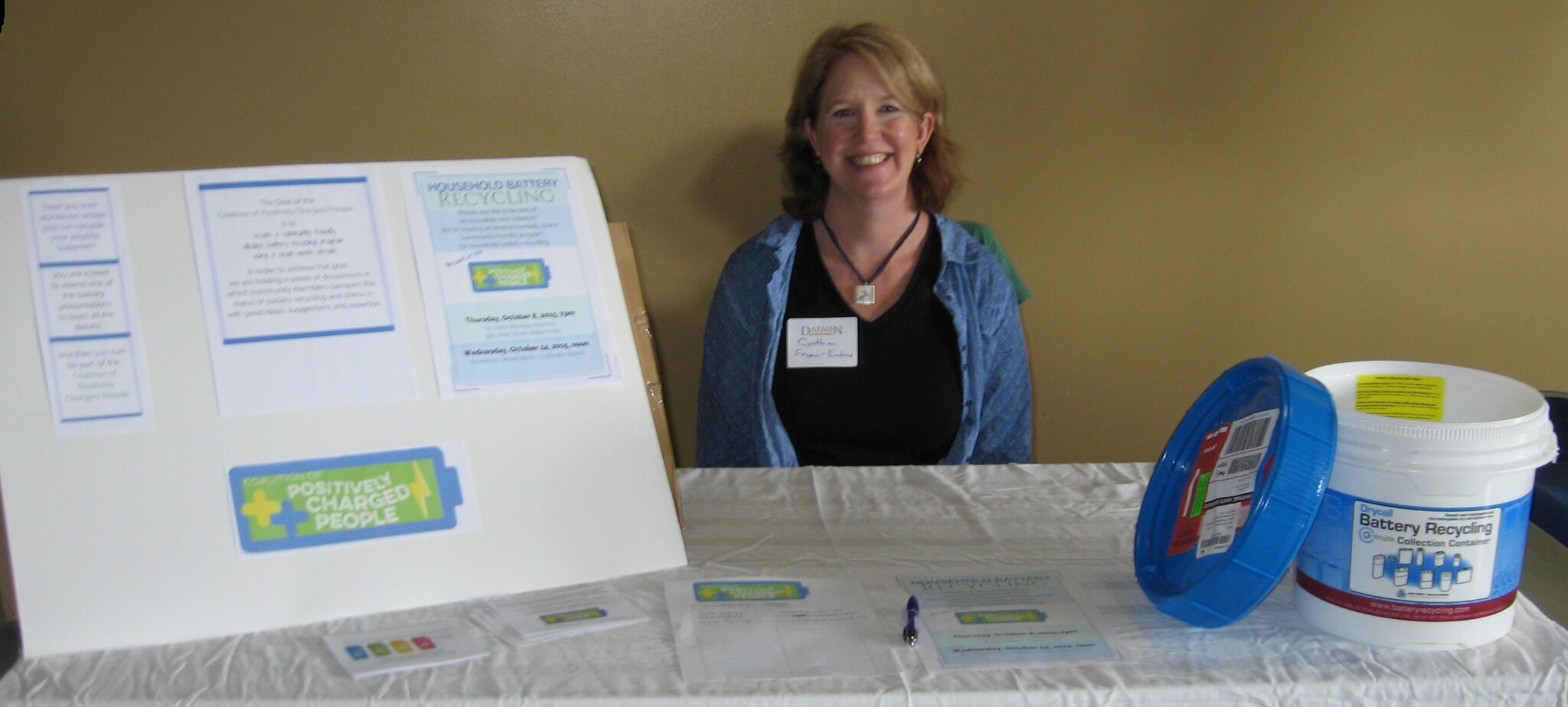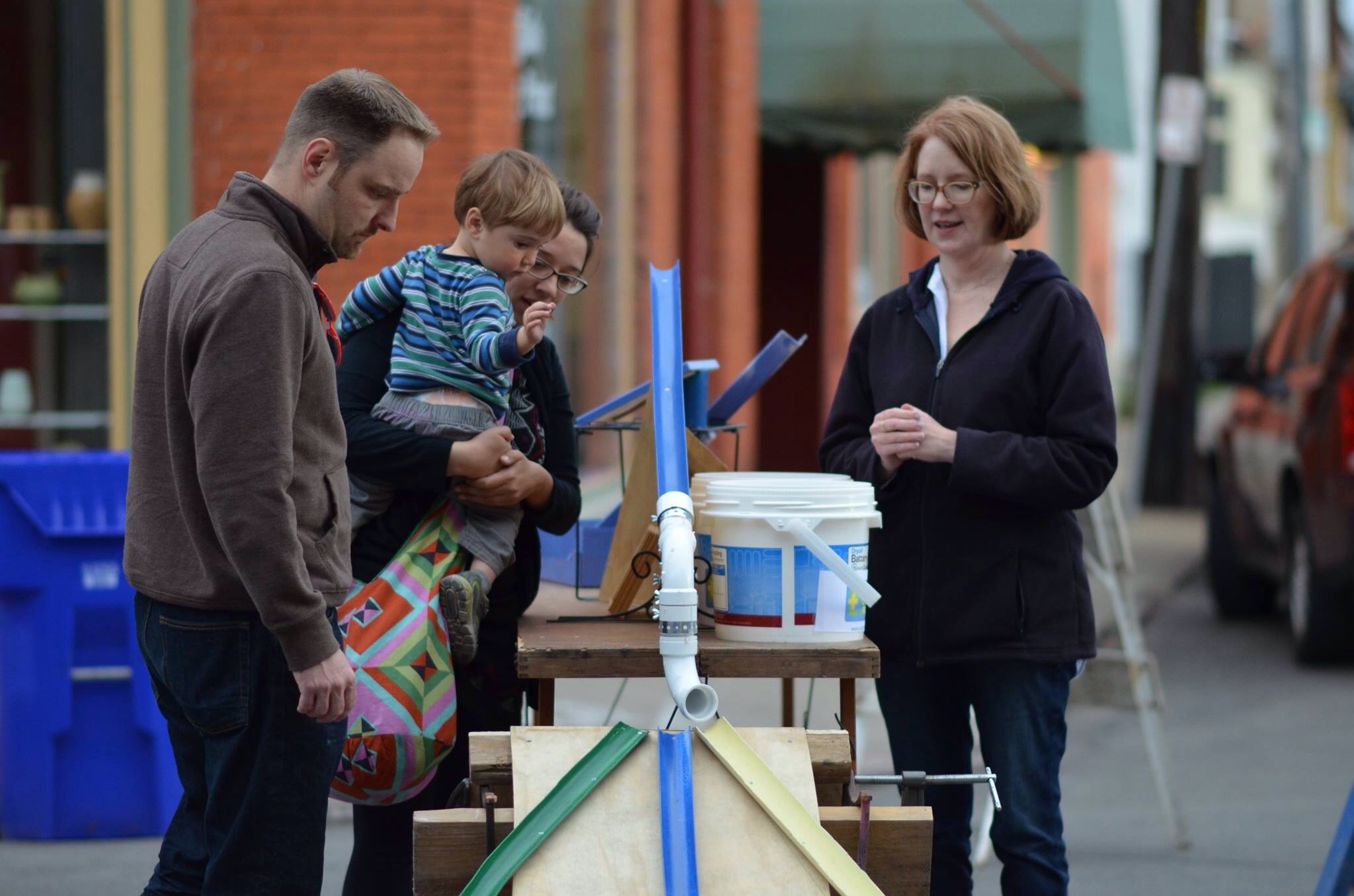Our Work in
Environmental Regeneration
David Mulo
“We received other grants from TPP but the first one was a game changer. I never thought someone from somewhere outside Africa could believe in what we did. One thing I am always excited about is to talk about these $1,000 dollars that changed everything, they changed our lives.”
David Mulo, founder of Green Kenya, champions a unique approach to empowering youth through sports. His organization uses sports as a tool to engage young people, teaching them about various social issues, particularly environmental conservation and respect. This approach integrates physical training with lessons on becoming responsible, environmentally conscious adults. He received his first grant in 2017 for the community impact program that was at its very beginning.
Today, Green Kenya collaborates with community centers and schools, bolstering children’s resilience and equipping them with life skills. To this day, David has worked with more than 1,000 coaches and positively impacted over 20,000 children and adults.
Aparna Bangia
The Aarey Forest, part of the Sanjay Ghandi National Park, is home to 15,000 indigenous peoples called Adivasis, as well as a rich array of flora and fauna. Existing for more than 500 years, the forest holds centuries of native knowledge. It is also the only open green space in the heavily polluted city of Mumbai, welcoming anyone who craves fresh air and connection with nature.
When the local government wanted to cut down the forest and build a Metro Car Shed, Mumbai residents Aparna Bangia and Sukriti Gupta knew they had to do something to save the 1,800 acres of remaining forest. They received a grant from The Pollination Project in 2019 to approach forest protection from an entirely new lens: by harnessing the power of youth and joy-based protest.
After years of hard work, 800 hectares of land in the Aarey Forest are protected. The Youth for Aarey movement is continuing its programs and work, with events happening each weekend in the forest. Supporters of the movement are invited to Adivasi weddings and festivals, further showing their deep bonds. Beautiful relationships have formed between supporters of the movement and the Adivasis.
They created an eco sustainability hub with a forest farm, a native tree and medicinal plant nursery with the local tribes which run experiential programs with citizens, tribal communities, schools and colleges. Program themes include tree appreciation, agroforestry, conservation, wildlife walks, climate change, and forest medicine.
Kristina Lefever
“We want people to know why pollinators matter – not only because our food security and ecosystems depend on them, but because their mere presence brings magic to the world.”
Kristina Lefever is passionate about pollinators. “They are as important as sunlight, rain, and soil fertility, for the health of both human lives and natural ecosystems,” she explains. She and her fellow volunteers at The Pollinator Project in Oregon want people to understand that urbanization and fewer wild areas, combined with an increasing use of pesticides, are the two primary reasons behind the critical decline in bees and insects over the last two decades.
Kristina received a seed grant from The Pollination Project in 2018 for the “Rogue Buzzway Project,” a corridor they are mapping of pollinator habitats in close proximity. The project:
- Locates pollinator landscapes and gardens.
- Identifies areas that lack pollinator plantings.
- Educates and inspires the community to expand the quantity, quality, and variety of pollinator habitats.
- Improves local food production by supporting and increasing pollinator populations.
Adhith Swaminathan
“I’ve been fascinated with sea turtles since I was 11 years old. The key to saving them is sparking that same curiosity in others.”
The Andaman and Nicobar islands are the only remaining site in India where leatherback sea turtles still nest, and these beaches are home to at least three other turtle species.
For over ten years, researcher and “turtle evangelist” Adhith Swaminathan has monitored sea turtle nesting habits on these islands. Now, these beaches are projected to experience a rapid rise in tourism-related development, bringing threats like nest disturbance and artificial light.
The Pollination Project partnered with Adhith and his team for community outreach to schools and colleges on turtle conservation and how far individual action can go in protecting these species.
They are also educating state wildlife officials on best practices in nest relocation, and other strategies to strengthen conservation efforts.
Cynthia Frame-Endres
“Sustainability begins with each and every one of us, and each and every choice we make.”
Cynthia is a mother who tries to make sustainable choices whenever she can. When her children’s toys were burning through batteries, Cynthia didn’t understand why battery recycling wasn’t available.
After years of frustration, she decided to take action. Her “Coalition of Positively Charged People” is building a model program to educate community members about battery recycling.
The Pollination Project supported her work by providing funding to purchase household battery recycling collection bins, which she introduced through educational meetings at schools, museums and festivals. Through the course of her work, she has become an integral community organizer for the sustainability movement.
Support the #changemakers.

